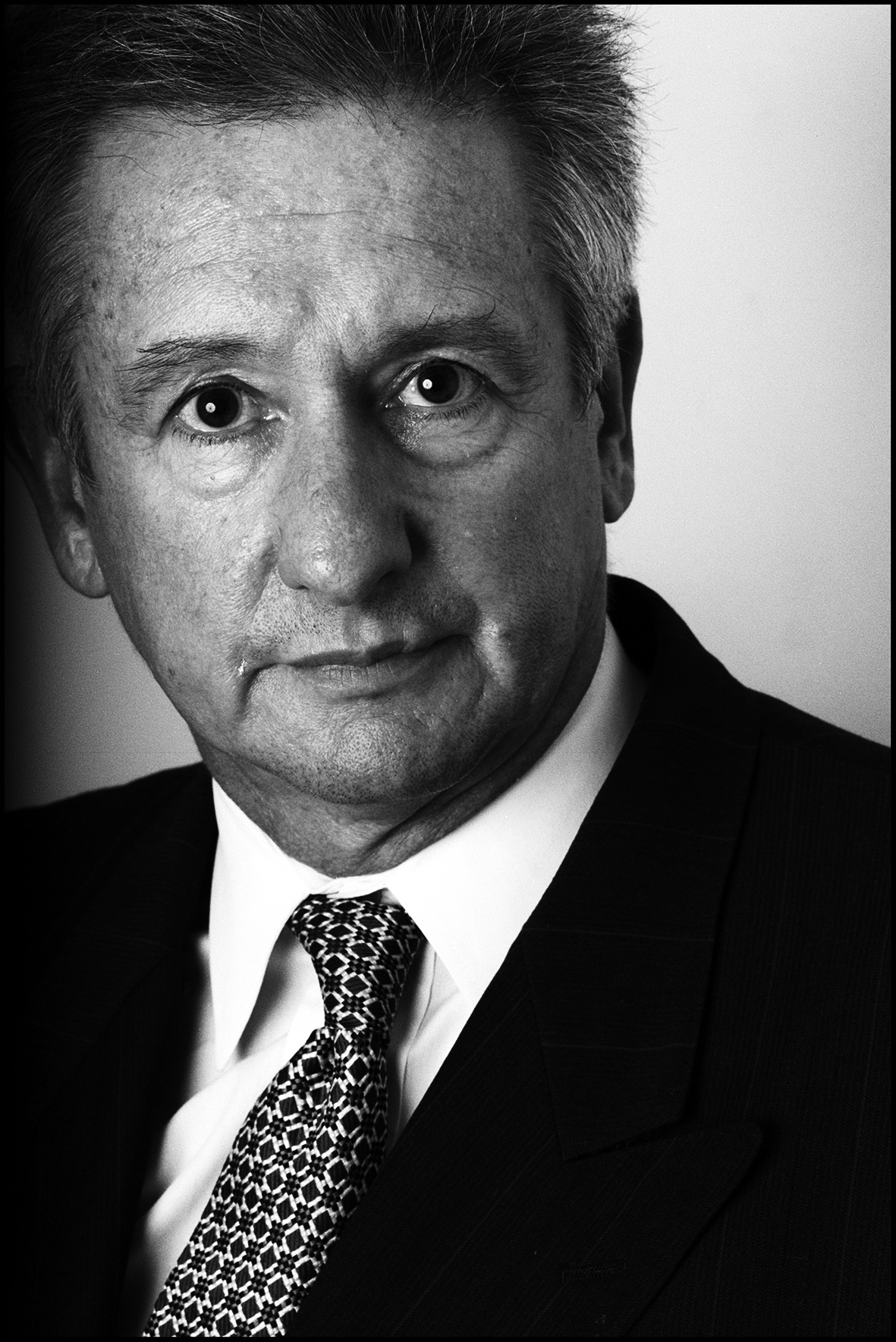DATA NEWS We love data!
Some expensive numbers
You know how much we love data at dbdata so here’s some random numbers that reveal how the world is changing:
The big Apple
The stock we all wished we’d bought when it fired Steve Jobs, Apple, is fast closing in on unheard of stock valuation. It is has reached heights that have not been seen before, with a market valuation of $US770 billion ($989 billion). The question for investors is whether the Cupertino-based technology behemoth can reach one thousand billion or to put it more simply – the $US1 trillion mark. Tech gossip has it that Apple’s Iwatch is ready for launch but more secretive is a new division within Apple that is studying whether it should make its own car!
Sharemarket hots up
On a similar theme the Australian sharemarket is now the most expensive it has ever been outside of the worst excesses of the dot-com bubble. After going nowhere in 2014, the S&P/ASX 200 index has surged closer to 9 per cent in less than two months as investors pile in seeking anything offering a reasonable yield. Listed industrial companies, which excludes resources and financial stocks, are trading at an estimated price/earnings ratio of more than 18, against a peak of about 19.5 early this century in the dotcom madness. But fear not this compares with the sharemarket’s overall average forward price/earnings ratio of close to 16, only a little above its long-term average.
Big bucks for big deals
You may not have noticed but Japan Post’s $6.5 billion bid for Toll Holdings was Australia’s biggest takeover since SABMiller acquired Foster’s in 2012, and one of the country’s five biggest deals since the global financial crisis. Expect to see more foreign takeover activity if the $A stays around current values.
Getting a room getting harder
Expect to see a reversal of the trend to convert CBD hotels into apartments Big accountancy firm Deloitte says hotel occupancy rates have risen to a new high of 68 per cent nationally – with Sydney and Melbourne regularly registering occupancies at mid 90 per cent on peak nights. Now you know why it’s so hard to get a room. But here’s the kicker – average daily room rates grew by 2.2 per cent with revenue per available room – the key industry metric – rising by 4.4 per cent. Deloitte confirms the trend is continuing. Update – Sydney has maintained its ranking as the 14th most expensive place in the world for business travellers to book a hotel room, according to the 2015 Hotel Survey by the UK-based Hogg Robinson Group.
If you can’t beat them . . .
The big trend in industries threatened by technology revolution is to join the revolution any banks and others are setting up joint venture funds aimed at making sure the parent group is in touch, if not ahead, of any trend that threatened the restructure the industry. However it looks like Australia has been a bit slow to join party. According to AFR columnist Chanticleer in the US 25 of the 30 firms that make up the Dow Jones Industrial Average and 25 per cent of the Fortune 500 have a CVC unit, and over the past four years more than 475 corporate venture funds have started. There are now 1100 funds in the US, double the number in 2009.
Expensive offices
London has the world’s most expensive offices, followed by Hong Kong and New York, according to the latest report from global real estate group Cushman & Wakefield. Sydney is the ninth most expensive after a year when global office rents rose 7 per cent. Despite threats of oversupply, particularly as Barangaroo and Martin Place comse onstream Cushman’s managing director for research in Asia Pacific, Sigrid Zialcita, predicted “Sydney will continue to gain momentum as government policy supports growth and sustains positive sentiment.”

